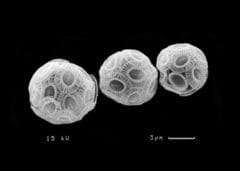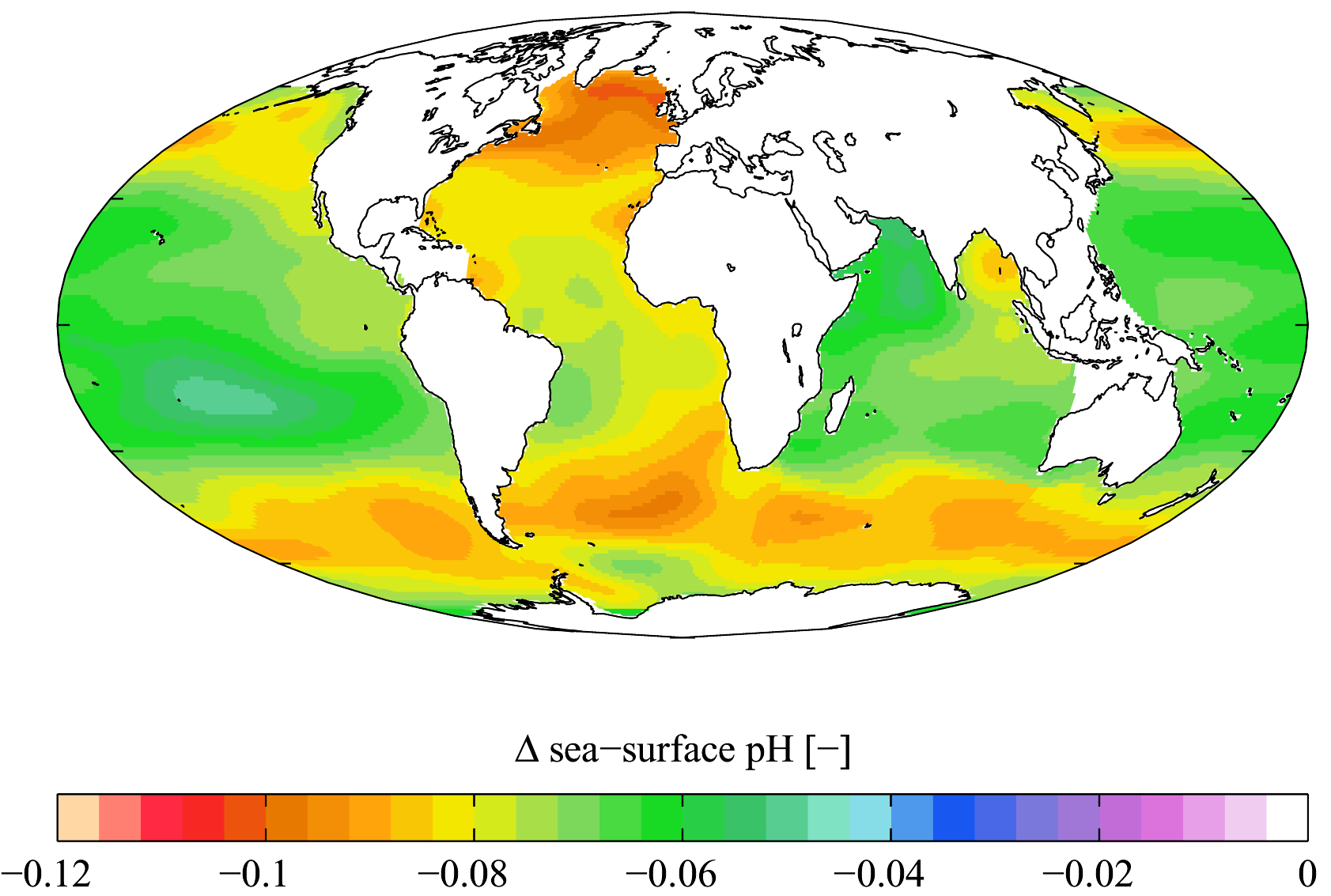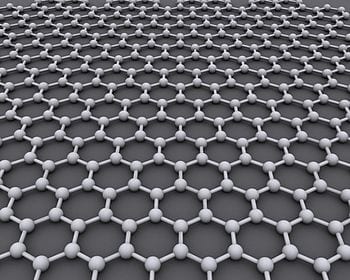
Unique laboratory experiment shows rapid evolutionary adaptation to ocean acidification and warming
The single most important calcifying algae of the world’s oceans is able to simultaneously adapt to rising water temperatures and ocean acidification through evolution. A unique long-term experiment with the species Emiliania huxleyi at GEOMAR Helmholtz Centre for Ocean Research Kiel shows that the evolutionary potential of the algae is much greater than previously thought. In their laboratory evolution experiment, the scientists have shown for the first time that evolutionary adaptations to multiple stress factors do not necessarily interfere with each other. Further work will reveal how evolution in ocean microbes may affect the function of the ocean in removing carbon dioxide to the deep sea and whether or not laboratory findings can be translated into the natural ocean environment.
In an unprecedented evolution experiment scientists from GEOMAR Helmholtz Centre for Ocean Research Kiel and the Thünen Institute of Sea Fisheries have demonstrated for the first time, that the single most important calcifying algae of the world’s oceans, Emiliania huxleyi, can adapt simultaneously to ocean acidification and rising water temperatures. In their study, the researchers found no evidence for the widespread idea that evolutionary adaptations to these two aspects of climate change would interfere with each other.
“Even though the experiment was conducted under laboratory conditions, it clearly shows the high potential for evolutionary adaptation in an oceanic microbe such as Emiliania huxleyi”, Lothar Schlüter, first author and PhD student at GEOMAR, points out. “Now that evidence has been provided, predictions about the future ocean definitely have to take such adaptive changes into account.” The study was funded by the Kiel Cluster of Excellence “The Future Ocean” and the German research network BIOACID (Biological Impacts of Ocean Acidification). The results will be presented in the October issue of the journal Nature Climate Change.
The study was initiated by isolating a single cell of Emiliania huxleyi from the Raunefjord in Norway. Since the algae reproduces by cell division about once per day in the laboratory, numerous genetically identical cultures could be derived from the isolate. Five cultures each were kept under control conditions (15°C) and at elevated water temperature (26°C) in combination with three different concentrations of carbon dioxide (CO2): a control value with today’s conditions, the conditions of the Intergovernmental Panel on Climate Change’s “worst case scenario” and the highest possible degree of acidification.
After one year – corresponding to about 460 algae generations – the scientists tested how the adapted and the control populations reacted to the high temperature within five-day intervals: The adapted populations grew significantly faster than the non-adapted at 26 degrees – regardless of the carbon dioxide level. The adapted cultures produced even more new biomass and about twice as many calcite platelets than the control group under the high temperatures.
The Latest on: Ocean acidification
[google_news title=”” keyword=”Ocean acidification” num_posts=”10″ blurb_length=”0″ show_thumb=”left”]
via Google News
The Latest on: Ocean acidification
- Plastic pollution and ocean acidification reduce Antarctic krill development, BAS researchon May 5, 2024 at 5:00 pm
Plastic pollution combined with ocean acidification hinders the development of Antarctic krill in the Southern Ocean, research published in Marine Frontiers reveals. Antarctic krill (Euphausia ...
- Mussel shells are changing as the ocean warms, study findson May 2, 2024 at 5:00 pm
But mussels are threatened by the warming waters and ocean acidification arriving with climate change. New research shows that mussels from several East Coast locations, though not yet Massachusetts, ...
- Museum Program Will Look At Ocean Acidificationon April 25, 2024 at 9:00 pm
The Cape Cod Museum of Natural History in Brewster will present four sessions of “Ocean Commotion” on Saturdays, May 4 and 18, and June 1 and 15, from 10:30 to ...
- Video: Is there a quick fix for ocean acidification?on April 14, 2024 at 5:00 pm
Use this form if you have come across a typo, inaccuracy or would like to send an edit request for the content on this page. For general inquiries, please use our contact form. For general ...
- Is There a Fix for Ocean Acidification?on April 10, 2024 at 5:00 pm
(via Reactions) The ocean is getting more and more acidic. Can we solve it by emptying a giant bottle of antacid into the ocean? No… but the idea of lowering the ocean’s acidity in order to decrease ...
- Water pollution is fueling ocean acidification. Environmentalists urge California to acton April 10, 2024 at 5:00 pm
Welcome to today’s edition of Boiling Point. I’m Ian James, a reporter on The Times climate and environment team, filling in for my colleague Sammy Roth. As the burning of fossil fuels and ...
- Ocean Acidificationon April 10, 2024 at 5:38 am
Rising CO2 pollution in the atmosphere is also raising ocean acidity at a rate 100 times faster than any during the past 55 million years Ocean acidification Uncertainty limits 8.047 2022 15 05 2000 ...
- Ocean Acidificationon April 9, 2024 at 5:00 pm
Rising CO2 pollution in the atmosphere is also raising ocean acidity at a rate 100 times faster than any during the past 55 million years Ocean acidification Uncertainty limits 8.047 2022 15 05 ...
- Is There a Quick Fix for Ocean Acidification?on April 9, 2024 at 5:00 pm
So can this quick fix basic solution work to solve our ocean acidification woes? No, obviously not. But there is some really cool science here and we might actually be on the right path ...
via Bing News










